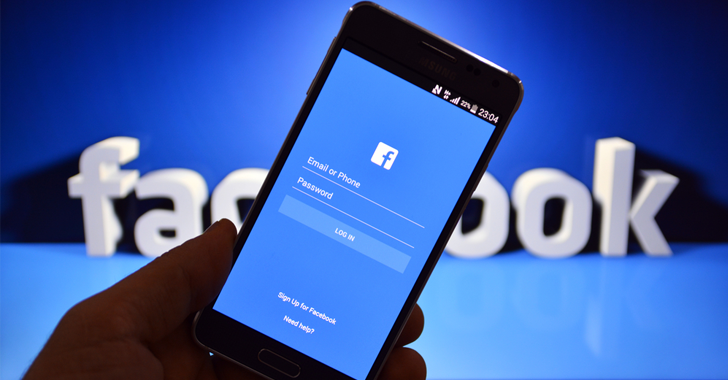Users may easily connect and exchange content with their friends and family using the free and well-known social networking site Facebook. Due to Facebook’s popularity as a social networking platform, fraudsters are more motivated than ever to hack Facebook accounts.
It has the highest security requirements and is used daily by billions of people. Spouse Facebook password hacking is essential whether you want to improve your hacking abilities or want to keep an eye on your kids. While you should refrain from engaging in any criminal activity, you must be aware of how to safeguard your family and yourself to stop somebody from entering your accounts.
Without wasting much of the time, let’s just jump to our topic of discussion today i.e. how to hack a facebook account in easy steps.
Table of Contents
Weak Passwords
If the password is simple and widely used, such as a nickname, phone number, partner’s name, or pet name, to mention a few, hackers may steal Facebook accounts by guessing it or using a brute force assault. Once the hacker obtains your password, they may access your account and do anything they want.
Users should choose a strong password that incorporates lowercase and uppercase letters, numbers, symbols, spacebars, and other characters. People must use a separate password for their Facebook account from the one they utilise for their different email addresses or social media accounts. As a result, there would be less chance of your account being hacked.
Phishing Emails
Hackers may quickly get access to Facebook accounts by using phishing emails. An attacker can produce false emails to appear as though they were received from Facebook. Here are some illustrations of how the emails may appear:
- Notifications for events, messages, friend requests, photographs, and videos.
- They made erroneous accusations that you violated their community standards.
- Warnings that even if you don’t update it or take a specific action, anything will happen to your account
- Offers or claims that appear to be too good to be true.
Users need to be aware of the traits of phishing emails to be on the lookout for them. What you could do is:
- Never open attachments or click on links in a suspicious email.
- Never reply to shady emails, particularly those that want your password, social security number, or credit card details.
- Never enter personal data into a pop-up window.
- Aim to catch any spelling errors in the email’s text.
Remote Keyloggers
A hacker must first get access to your laptop or mobile device to install software that will record whatever you enter on your computer. Once installed, the hacker can monitor and record anything written, including passwords, login details, bank information, etc. This is a sneaky method for hackers to access Facebook accounts. For instance, if a hacker gains access to your laptop and install a keylogger program, everything you enter will be recorded and sent to the hacker. Along with your Facebook login information, your bank, email, and other account login information would also be logged in.
- Use only official keyboard programs.
- Please do not open any links or attachments in the email message since they can include a keylogger that can be activated and can trace your online activity.
- Install anti-spyware programs to help identify, shut down, and quarantine software-based keyboard loggers.
Man in The Middle
A man-in-the-middle attack could happen when a user unintentionally connects to a bogus WiFi network. Another method for hacking Facebook accounts is this one. Because public WiFi usually directs you to a login screen where you must enter your email address and a password before being given access to the internet, it might be challenging to discern which WiFi is legitimate or not most of the time.
Once more, the attacker gets access to your data without your knowledge and can test these login credentials on other social networking sites. Due to their lack of security and accessibility to hackers, public WiFi networks should never be used to connect your laptop or mobile device. I advise utilising a VPN in conjunction with public WiFi if you want to ensure the security of your connection.
Conclusion
Hackers use these five most typical weaknesses to break into Facebook, along with information on how to defend against each liability. There are undoubtedly many more techniques to hack Facebook accounts, including brand-new ones that are not yet widely recognized.
Hackers are constantly one step ahead when developing new approaches where initial protection may not be possible. Users and organisations should take all reasonable steps to ensure that their accounts and website are safe.

